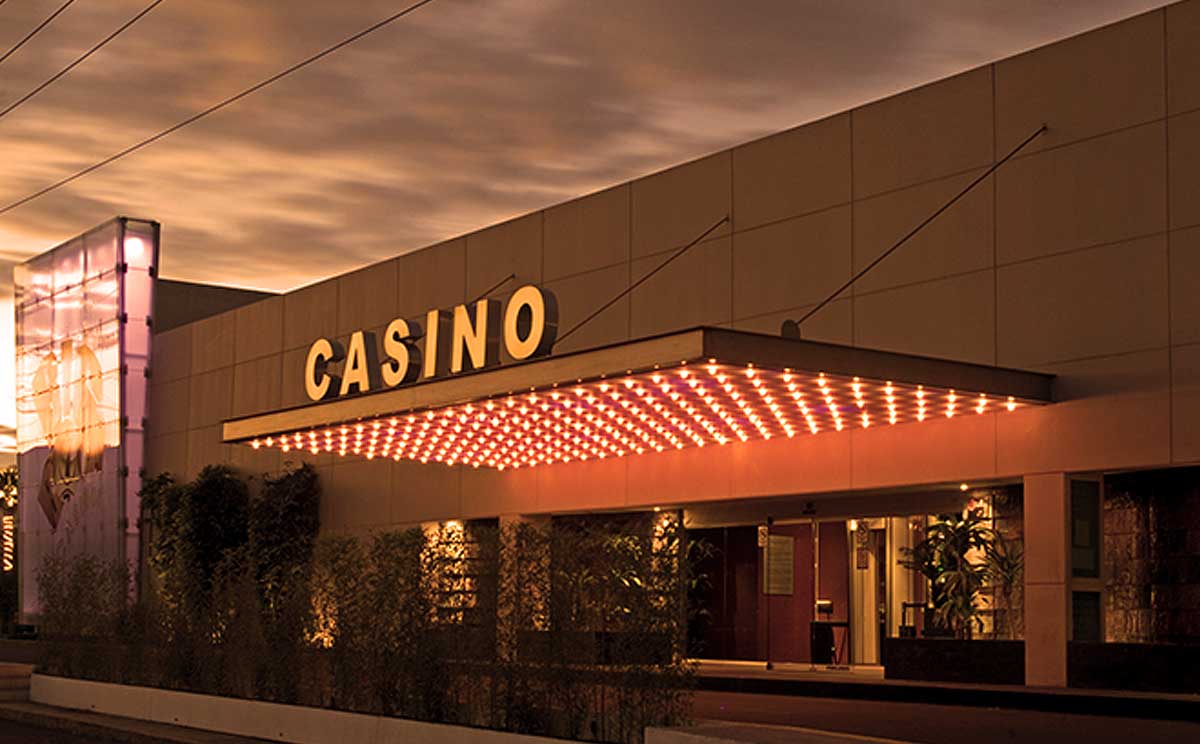
Casino games have long been a staple in human culture, delivering not just entertainment but a captivating reflection of our dreams, wishes, and concerns. From the spinning reels of a slot machine to the skill-based strategies of poker, these games represent a range of human feelings and events. At their core, casino games are more than a chance to win money; they are a microcosm of life itself, where risk versus reward merge and luck can change in an instant.
As players convene around tables or sit in front of vibrantly illuminated machines, they take part in a ceremony that transcends mere playing. These games mirror our innate desires for connection, thrill, and the quest for chance. They also unveil deeper truths about human nature, such as our relationship with luck and the adrenaline of uncertainty. In exploring casino games, we uncover not only the mechanics of play but also the intricate pattern of the human journey, showcasing our interconnected narratives of aspiration and reality.
The Psychology of Gambling
Gambling is deeply rooted in human psychology, tapping into various feelings and wants. The excitement of taking risks is a fundamental aspect that draws players in, whether it’s thrill of spinning a roulette or the excitement of drawing a winning card in a poker game. This adrenaline is frequently likened to other forms of thrill, as the uncertainty of outcomes elicits a distinct psychological response. Gamblers often find themselves entranced by the chance of winning big, leading to an irresistible draw toward casino games.
Additionally, an essential component of the psychology behind gambling is the concept of optimism and ambition. Players often indulge in fantasies of financial freedom and the luxurious lifestyle that can follow winning. This hope fuels their ongoing participation in gambling, as it provides a sense of meaning and the belief that a transformative win could be just one bet away. The story of overcoming odds and finding success resonates with many, reinforcing their dedication to play and involve themselves with these games.
Lastly, social dynamics play a significant role in gambling psychology. Casino environments are designed to promote social interaction, where gamblers gather to share the experience of wins and losses. This communal aspect not only enhances enjoyment but also influences behavior, as individuals often mimic the actions of others in their vicinity. The social validation found in shared excitement can magnify the emotional experience, making casino games a mirror of not just personal desires but also shared involvement within the gaming community.
### Risk and Reward: A Double-Edged Sword
Gambling games embody the delicate balance between danger and reward that resonates deeply with the human experience. The thrill of placing a bet is often accompanied by a surge of excitement, as participants are confronted with the chance of a huge payout, yet cognizant of the potential to lose. non GamStop casino This dual experience reflects a fundamental aspect of life: the paths we choose often come with intrinsic risks, and the pursuit of reward can compel us to make risky moves we might not otherwise consider. In this way, casino games mirror real-world decisions, enticing players to gamble not just their capital, but also their aspirations.
The allure of big prizes and payouts fuels a wave of hope, motivating gamblers to dream of a brighter future that could emerge from a fortunate turn of the wheel or flip of a card. This optimism can motivate individuals to engage in greater risks, encouraging them to push their boundaries in search of monetary success. However, just as in life, the consequences of these decisions can lead to both triumph and failure. The narratives of both big winners and those who have suffered everything at the tables demonstrate the random nature of luck and its significant repercussions on our existence.
Ultimately, the experience of engaging with casino games serves as a vivid illustration of the nature of humanity. Every session played is imbued with the tension of uncertainty, as players weigh the rewards against the dangers. This balance not only highlights the thrill that comes with betting but also reveals the risks that come with the longing for more. As we journey through the complexities of decision-making and results in both the casino and in life, we find that the quest for gain shapes our identities and lives in significant manners.
Community and Isolation in Casino Environment
Casino environment is a distinct blend of social engagement and individual endeavor, reflecting the contrasts of individual experience. Players often gather around games, experiencing in the excitement of the action, celebrating wins, and sympathizing over losses. This communal aspect is crucial, as it fosters a sense of belonging and bonding among varied groups of people. Regular visitors to gaming establishments may build friendships and establish routines, turning the casino into a alternative home where they feel connected to a larger community of gamblers.
However, the appeal of casino games can also result to isolation. As individuals become engrossed in the excitement of playing, they may isolate from personal connections or neglect to interact with the world outside the casino. For some, the search of a jackpot can overshadow genuine relationships, leading to loneliness. The experience of being surrounded people yet experiencing solitary is not rare, as the focus shifts from shared enjoyment to the individual stakes of each player’s path.
This interplay of community and isolation creates a vivid tapestry that defines gaming culture. It showcases the complexity of human interactions, where happiness and despair exist together. Gambling venues serve as both a refuge for social engagement and a stage for individual challenges, illustrating how intimately entwined our desire for companionship and the individual quest for wealth can be. In navigating this landscape, players confront their own narratives—seeking both the rush of the wager and the companionship of other gamblers, eventually mirroring the wider spectrum of individual experience.
